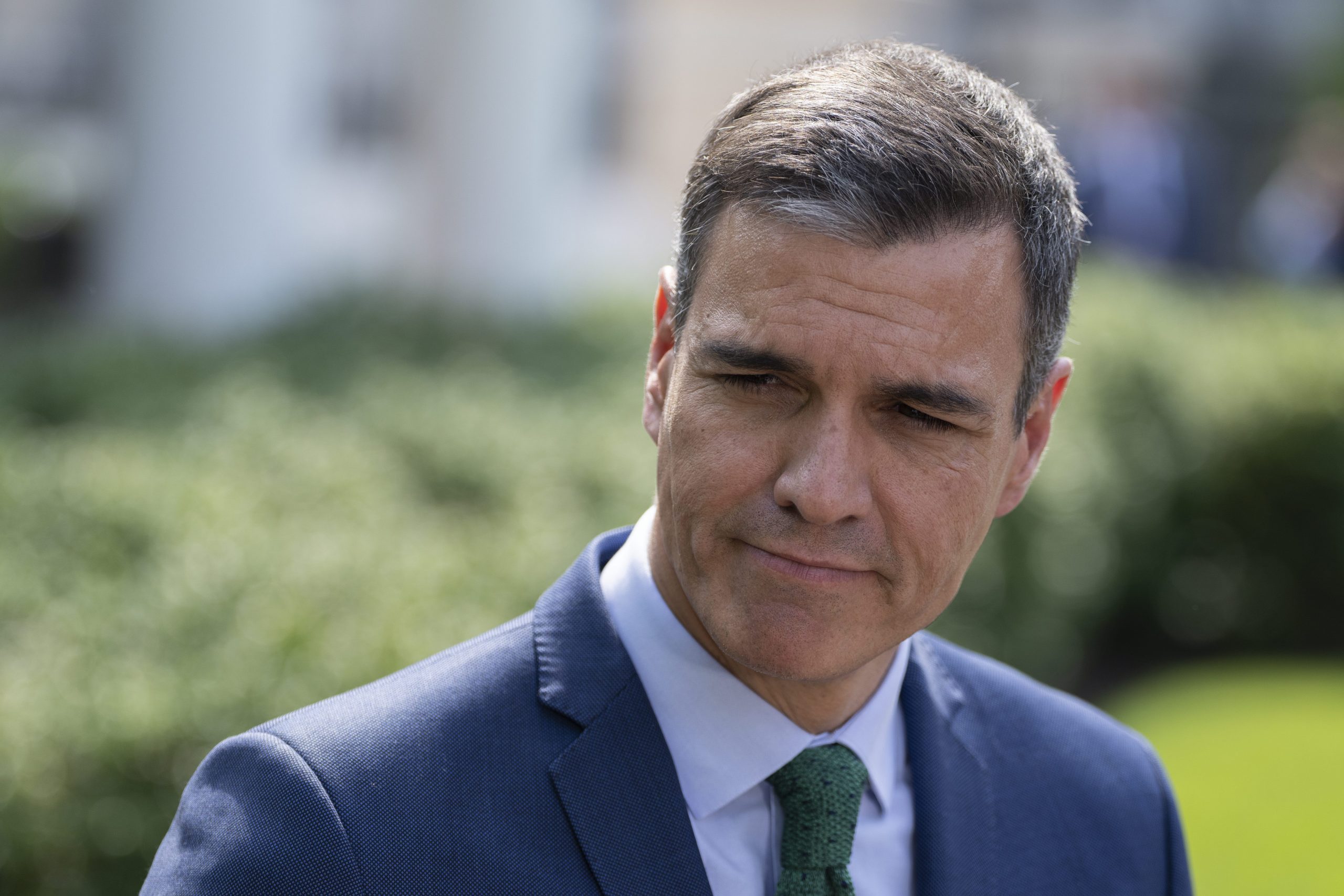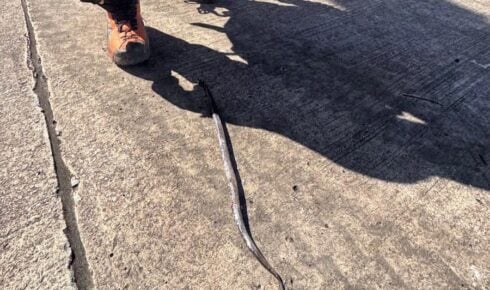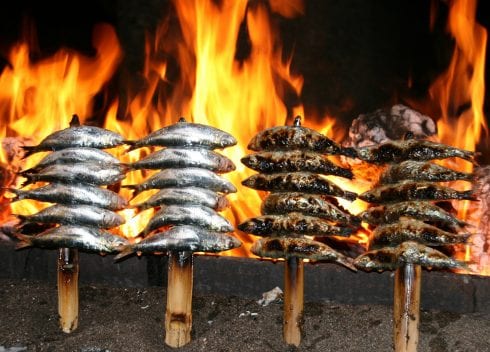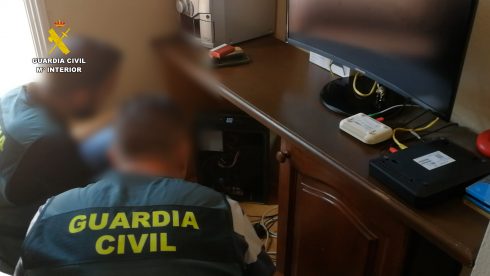THE TASK ahead of Socialist Party leader Pedro Sanchez to be voted back in as prime minister became even more complicated this weekend, as the ballots cast by Spaniards living abroad were tallied up and changed the result of last Sunday’s snap general election.
The 233,688 votes cast by Spanish people living outside of the country took one seat in the Congress of Deputies away from the Socialists and gifted it to the Popular Party (PP), the conservative group that won the election but fell well short of a majority.
The PP now has 137 seats in the 350-seat lower house of parliament. If it can reach a coalition deal with far-right Vox, as is widely expected, it can also count on that group’s 33 seats as well as the single seat won by the Navarrese People’s Union (UPN). That gives the bloc a total of 171 seats, which is still short of the 176 seats needed for an absolute majority.
The leader of the PP, Alberto Nuñez Feijoo, celebrated on Saturday the win of the extra seat. “Thanks to all Spaniards abroad who want a government with moderation and a sense of statehood,” he said via his social media accounts. He also pointed to the gap between his party and the Socialists. “Sixteen more seats than the second political force,” he wrote, in reference to Sanchez’s party’s 121 seats.
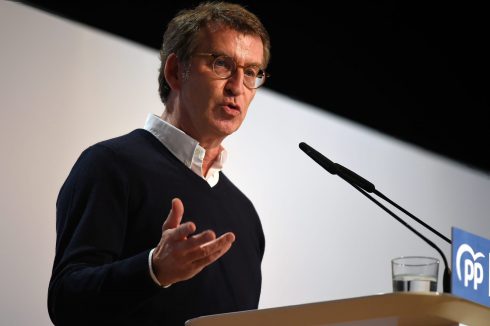
The path for Sanchez to return to power was already complicated before the expat vote was tallied. He will need to form a coalition with the new leftist alliance Sumar, which has absorbed a number of smaller parties including Unidas Podemos (Together we Can), as well as securing the backing of nationalist parties to get the bloc over the 176-seat barrier.
One of these key parties that could act as kingmaker is the pro-Catalan independence Junts pel Si (Together for Yes). Before the seat was lost by the Socialists to the PP, Sanchez only needed the abstention of Junts at an investiture vote. Now, however, he will need the party to vote in favour.
The complication with that option is the situation of Junts’ leader, Carles Puigdemont. He was one of the leading figures in the 2017 independence drive in Catalonia, which saw an illegal referendum on independence held followed by a unilateral declaration of independence.
To avoid arrest in the wake of that secessionist push, he fled Spain and has been living in self-imposed exile in Belgium since. Just last week public prosecutors called for a new arrest warrant to be issued for Puigdemont.
What’s more, his party has major demands if it is to support Sanchez’s bid to serve as prime minister once more. It is calling for an amnesty for everyone involved in the independence drive in 2017 as well as a commitment to hold a binding referendum on Catalonia’s secession from Spain.
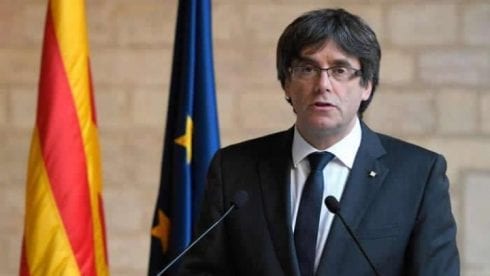
All of these complications mean that a repeat election is ever-more likely. After the inconvenience for Spaniards of holding the last ballot in the summer month of July, when many people were on vacation, parliamentary arithmetic and scheduling means that the next one could fall around Christmas.
In the meantime, PP leader Feijoo is determined to try to form a government and has even suggested that the Socialists lend him his support – something that many analysts consider to be a highly unlikely option.
Low profile
For his part, Pedro Sanchez has been keeping a low profile. Sources close to his party have told Spanish media that he is holding back to allow Feijoo to try, and fail, to cobble together a governing deal.
Sanchez called the snap general election for July 23 after his party and other leftist groups fared poorly at the May 28 local and regional polls.
The high-stakes gamble paid off for the Socialist leader, however, with his party maintaining the support it won at the previous general elections and the big loser being far-right Vox, whose extreme party manifesto appears to have turned off voters, causing them to fall from 52 seats in Congress to 33.
Read more:
- It’s not over yet: How the votes from Spaniards abroad could alter the general election result
- Spain’s caretaker prime minister insists repeat election won’t be necessary despite apparent stalemate
- Spanish prime minister celebrates the ‘failure’ of the right at July 23 general elections
Click here to read more News from The Olive Press.

